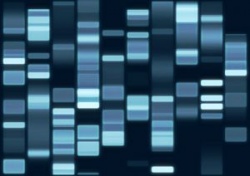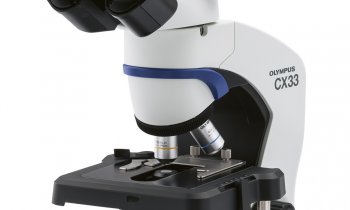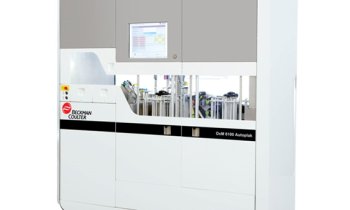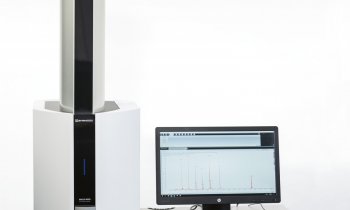Better treatment by computer-based decisions?
The US Agency for Healthcare Research and Quality (AHRQ) will fund a new project to develop four computer-based decision-tools that will help clinicians and patients answering questions like: When to use genetic tests? How to deal with the results? Or which treatment could be the best?

The first pair of tools will assess whether a woman with a family history of cancer should be tested for BRCA1 and BRCA2 gene mutations. Knowing whether a woman has inherited these gene mutations may help determine her chances of developing certain kinds of cancer, especially breast cancer.
The second pair of tools, for women already diagnosed with breast cancer, will help determine which patients are appropriate for a Gene Expression Profiling (GEP) test. GEP test results can help evaluate which patients are at a high risk of cancer recurrence and therefore are good candidates for chemotherapy, in addition to other appropriate treatments.
"Genetic testing can be a powerful tool for assessing the risk of breast cancer and treating the disease effectively, but clinicians need better support in identifying which patients will benefit from specific tests," said AHRQ Director Carolyn M. Clancy, M.D. "This work is part of a broader effort to provide decision support tools that will help physicians and patients in achieving the best possible outcomes and improving patient care."
The $1 million project will be completed by RTI International, an independent, non-profit research institute in Research Triangle Park, N.C. It is expected to take about 16 months. It responds to recent recommendations from the U.S. Department of Health and Human Services' Secretary's Advisory Committee on Genetics, Health, and Society. The committee concluded there are extensive gaps in knowledge about genetic tests and their impact on patient care. The project also reflects the goals of HHS Secretary Mike Leavitt's priority initiative on personalized health care, which aims at increasing the effectiveness of medical care by more precisely matching each patient's conditions and needs with therapies that will be effective for them.
Development of these tools will support AHRQ's work of translating research into clinical practice in the areas of genetic tests, health information technology and patient care. For instance, the AHRQ-sponsored U.S. Preventive Services Task Force has recommended that women whose family history is associated with an increased risk for BRCA1 or BRCA2 gene mutations are referred for genetic counseling and evaluation to measure the need for BRCA testing. AHRQ has also published an Evidence-based Practice Center report on the impact of GEP tests on breast cancer outcomes.
The new project to create decision-support tools is funded through AHRQ's DEcIDE (Developing Evidence to Inform Decisions about Effectiveness) research network, part of the Effective Health Care Program. The Effective Health Care Program sponsors the development of new scientific knowledge through studies on the outcomes of health care technologies and services. For more information about AHRQ's Effective Health Care Program and the DEcIDE Network, visit the Effective Health Care Web site at http://effectivehealthcare.ahrq.gov.
08.10.2008










